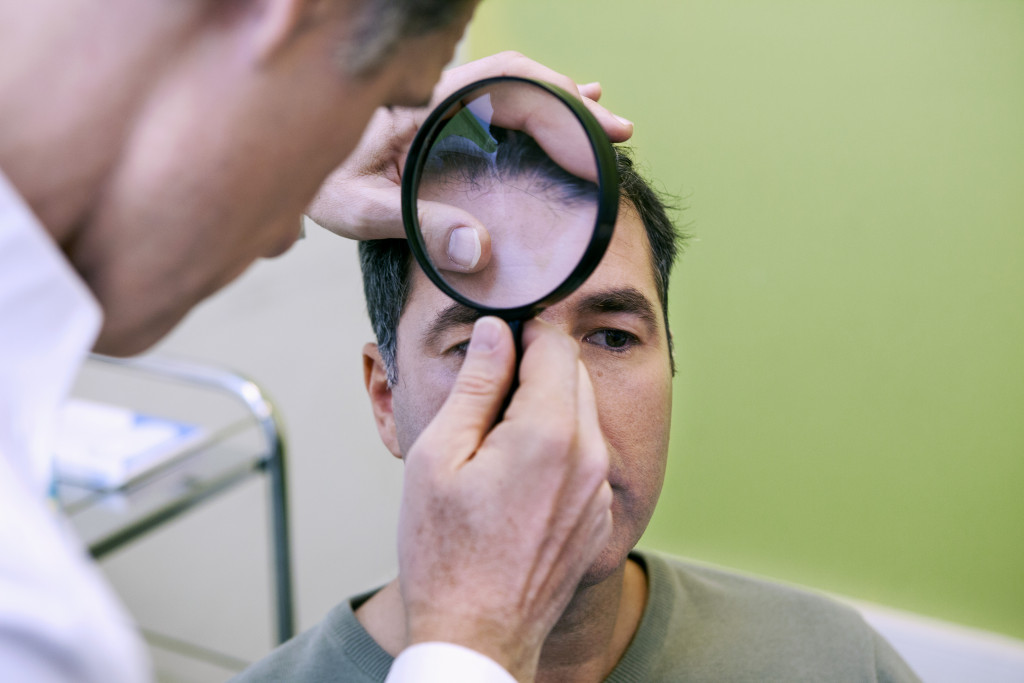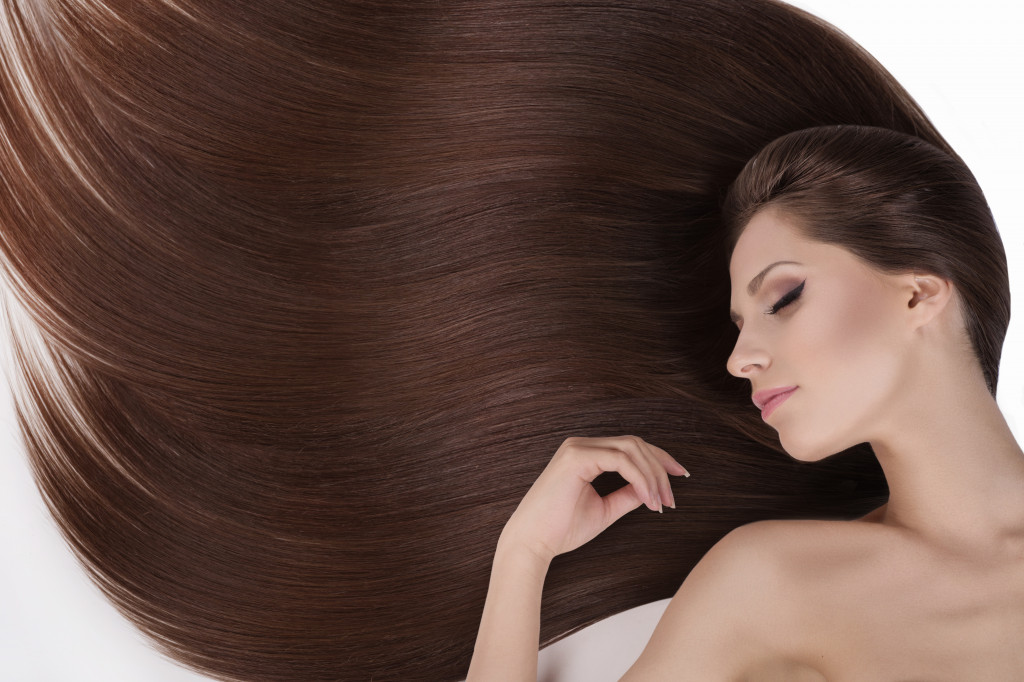- Vibrant hair reflects overall health, requiring balanced nutrition and environmental protection against damage.
- Hair health is influenced by factors like genetics, stress, hormonal changes, and environmental elements.
- A balanced diet, providing essential proteins, vitamins, and minerals, ensures healthy hair and scalp.
- Hydration, through adequate water intake, promotes scalp health and prevents dry, brittle hair.
- Scalp treatments, like exfoliation and moisturizing, stimulate blood flow and promote healthy hair growth.
When it comes to hair, all of you crave that luscious, shiny, and silky look that can turn heads. Achieving healthy, vibrant hair is not just about good genetics or regular haircuts—it’s about understanding the science of hair health.
Having vibrant hair is not just about looking good. It’s a sign of good health and well-being. Along with a healthy body and mind, healthy hair is a key indicator of a healthy lifestyle. Hair prone to breakage, dullness, or frizz could be a warning sign of poor nutrition, stress, or other underlying health issues.
That’s why understanding and improving hair health is not just for aesthetics or vanity but for overall physical and mental wellness.
This blog post will guide you through the secrets to unlocking vibrant hair health so you can maintain that glossy and healthy look all year round.
Understanding Hair Health
Hair is made up of keratin, which is a type of protein formed by amino acids. It is a vital component of hair strands and essential to ensure hair stays strong and healthy.
Hair health is determined by different factors such as diet, genetics, age, and environmental factors, such as weather and pollution. Understanding hair health is about caring for the hair shaft and nurturing the scalp, the foundation of healthy hair growth.
Components of Optimal Hair Health
The components of optimal hair health flow down to a well-maintained hair shaft and a nourished scalp. Healthy hair growth requires a balance between protein, vitamins, and minerals and a compatible environment that nurtures growth. Combining these factors is necessary for healthy hair growth and maintaining vibrant hair health.
Factors Influencing Hair Health
Various factors can influence hair health, including genetic predisposition, stress, hormonal changes, and aging.
Moreover, environmental factors like weather, heat, and pollution can affect hair growth, making it prone to damage. Understanding these factors can help you make informed decisions and continually implement strategies to promote hair health.

Building a Foundation for Vibrant Hair
A perfect foundation for healthy hair starts with a balanced and nutritious diet and a nourished scalp. A balanced diet helps provide all the nutrients needed for healthy hair growth, while a well-nourished scalp can promote healthy roots and maintain a clean environment.
Applying holistic hair care practices, such as gentle brushing and incorporating herbal hair products, can also boost hair health and minimize damage.
Balanced Diet and Nutrition
Eating a balanced diet is critical for healthy hair growth. This includes consuming enough protein-rich food like fish, eggs, and lean meat to provide the amino acids that make up hair. Additionally, consuming essential nutrients such as B vitamins, biotin, iron, and zinc promotes hair health and healthy growth.
Hydration
Water is essential for overall health, including hair health. Dehydration can lead to dry and brittle hair; drinking enough water throughout the day is crucial. Drinking enough water keeps the scalp hydrated, which signals the sebaceous glands to produce healthy oils to nourish hair strands.
Nurturing the Scalp
A nourished and healthy scalp promotes healthy hair growth. Nurturing the scalp involves treating it with care and attention. This includes gentle brushing, avoiding harsh chemicals, using natural hair products, and regular massage to promote blood flow to the scalp and stimulate hair growth.
Exploring Scalp Treatments
Effective scalp treatment can improve hair health by promoting blood flow to the scalp and providing nutrients. These treatments can also help with drying, dandruff, or oily scalps. Scalp treatments could range from home remedies to professional scalp treatments at a salon.
Types of Scalp Treatments
Exfoliating scalp treatments involve scrubbing dead skin cells and buildup from the scalp. Moisturizing scalp treatments help to hydrate and condition the scalp to promote healthy hair growth. Scalp treatments can also include topical solutions like hair tonics or serums that help strengthen hair and promote healthy growth.

Investing in vibrant hair health involves understanding the science behind hair growth, nurturing a healthy scalp, and adopting healthy habits. You can achieve healthy and vibrant hair growth through regular maintenance and incorporating holistic hair care practices, such as a balanced diet, nourishing the scalp, and scalp treatments.
Remember that hair health is a continuous process that requires patience and persistence, so embrace the journey and enjoy the rewards of beautiful, healthy hair.

